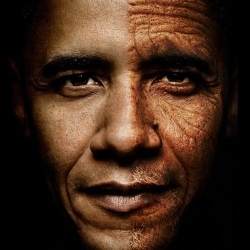
With so few effective treatments for Alzheimer’s disease, seniors who may be experiencing loss of cognitive function often avoid testing for fear that they may have the dreaded disease. Yet other, more treatable problems are thought to account for 40 percent of the 44.4 million cases of dementia worldwide.
In other words, seniors stand to gain quite a bit from an expansion of cognitive check-ups.
Douglas Scharre, an Ohio State University neurologist, has developed a cognitive test that’s cheap and easy and can be administered to large groups of people at once. It’s a 20-minute, pencil-and-paper quiz that people can take anywhere, no doctor or dreaded computer needed.
Many commonly used broad screening tests take longer, require one-on-one testing and professional scoring; at least one stems from research that’s 40 years old.
Over the past five years, Scharre and his colleagues have administered their test, called Self-Administered Gerocognitive Examination, or SAGE, in senior centers and other community locations to more than 1,000 people over age 50. Four out of five people with mild cognitive issues are identified by the test, while just 5 percent of test-takers receive false positive results.
